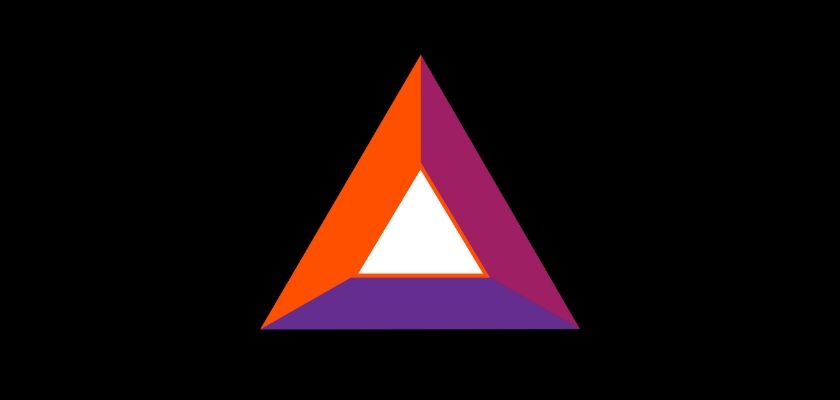The number of publishers who have registered to accept Brave Browser’s Basic Attention Token (BAT) has grown to over 200,000.
As of July 15, there are 200,380 publishers in total, with YouTube publishers leading the way (148,450), followed by website (27,172), Twitch (11,525) and Twitter (11,451) publishers, among others.
Brave, a free and open source browser strongly focused on user privacy, introduced BAT as a means to fix the problems created by the currently dominant models of online advertising.
BAT, a token built on Ethereum, a blockchain-based distributed platform, is earned by users who opt-in to see ads in the browser and use the cryptocurrency.
However, all privacy-invasive ads and their trackers are first removed from Brave – and are replaced by what the company calls “private ads” that do not collect user information.
In fact, the system is described as “a new, decentralized, open source and efficient blockchain-based digital advertising platform.”
Users can control how many ads they want to see, while Brave allows them to earn, in BATs, 70 percent of the revenue it gets from advertisers for running their ads. Users can then spend their BATs to support content creators or websites, or access premium content.
Publishers, meanwhile, earn BATs from advertisers, depending on the amount of attention they generate from users.
Brave pitches the ecosystem as privacy-respecting while also driving revenue toward both publishers and advertisers.
This is opposed to the ways of traditional browsers which force users “to pay to browse the web with their attention” – while at the same time surrendering their private data to invasive advertising taking place with little or no transparency.
The way the Brave browser achieves its goal is by showing users ads separately from the websites, meaning that blocking settings remain unaffected.
At the same time, the attention users spend on sites, that earns them BATs, is calculated anonymously and locally, on the device they use – as is “ad matching.” This means that personal information is not shared online.
Brave also said in late April it was working to ad new features to the Brave Rewards program, and expand it to more parts of the world.













